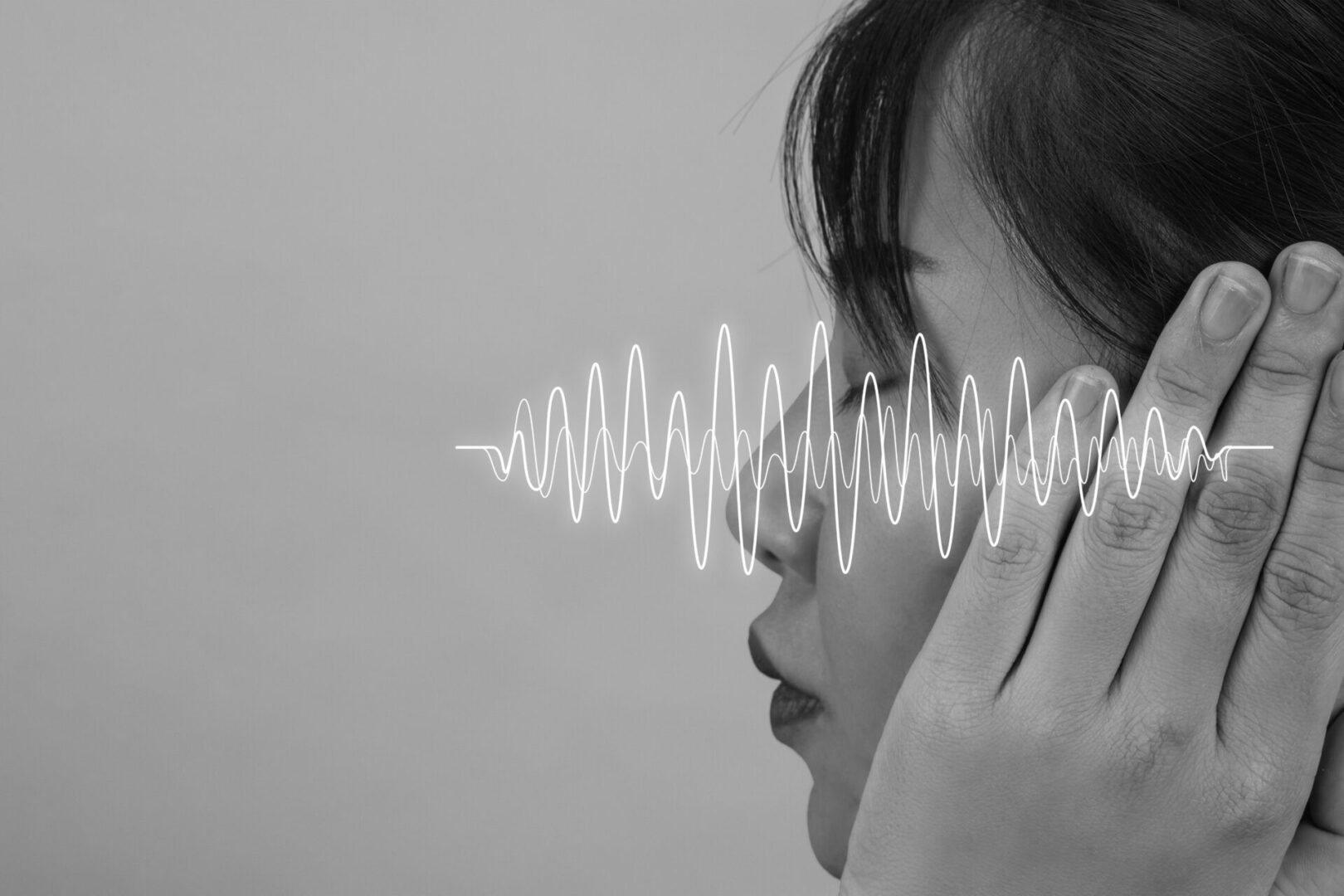Search by Color or Cause


Tinnitus Awareness Week is an annual campaign. The campaign is dedicated to increasing awareness about tinnitus. Silver and gold represent tinnitus and Tinnitus Awareness Week. Wear a sandblasted silver and gold awareness pin from Personalized Cause to call attention to this awareness week. The pins are available in both a personalized and non-personalized version.
The colors and symbolism are as follows:
Silver = Talking about tinnitus, increasing awareness and raising money for research.
Gold = Silencing tinnitus once and for all, the true cure.
Perception of ringing or buzzing sounds in the ears is the hallmark of this condition. Held typically in the first week of February, this observance aims to educate the public about the causes, impact, and management of tinnitus.
Tinnitus Awareness Week provides a platform to promote understanding and empathy for individuals living with tinnitus. In addition, it is designed to highlight available resources and support networks. Tinnitus Awareness Week emphasizes the importance of prevention, early intervention, and ongoing research to improve the quality of life for those affected by this persistent auditory phenomenon.
In light of this awareness week, we take a brief look into this debilitating condition to raise awareness and discuss what treatments and support therapies are available to relieve the symptoms and spikes of tinnitus.
This invisible condition is the perception of sound within your ears or head that is not from an external sound source. For example, tinnitus is also known as ringing in the ears. But it may take the form of a buzzing sound, whistling sound or a combination of them all. These sounds can be heard from one or both ears and/or in the headspace.
It is often hard to distinguish exactly where the sounds are coming from and they may vary in frequency and duration (in severe cases, the ringing is consistent). It is generally subjective to just the person who is suffering and the only one who can hear it.
How can tinnitus affect individuals? It can affect the sufferer in various ways and may alter in intensity throughout the day. For instance, the symptoms may seem more intense in the evening when you’ve come home after experiencing loud, live music. Sadly, in most cases, people suffer from tinnitus every day. Ultimately this affects their quality of life.
How can tinnitus affect quality of life? The high-pitched sounds decrease their concentration levels, and affects sleep pattern and their ability to maintain focus is nearly impossible. What is most unfortunate is that it opens the door to social anxiety and depression. Whatever level of tinnitus people experience, the ability to focus on other sounds or conversations is always a daily challenge.
Certain postures can highlight the frequencies that sufferers absorb. The pressure changes in your body when you move your head or when you stay still can alter the severity and volume of the tinnitus they experience. Similarly, when they feel tired, stressed and anxious, the condition can worsen.
Further, tinnitus isn’t an illness or a disease. It is believed, for example, to be a symptom of an inner ear problem. In addition, it can be due to an abnormality in the hearing pathways to the brain or inner ear damage.
Additional causes include:
What you hear is variable. A person may experience ringing, hissing, whistling, whooshing, roaring or clicking. The sounds can be short in duration, alter in volume or be a continual occurrence. The volume is unique to every sufferer and while one person may hear tinnitus some parts of the day, others struggle with consistently loud and unchanging noise all the time.
Image: Freepik